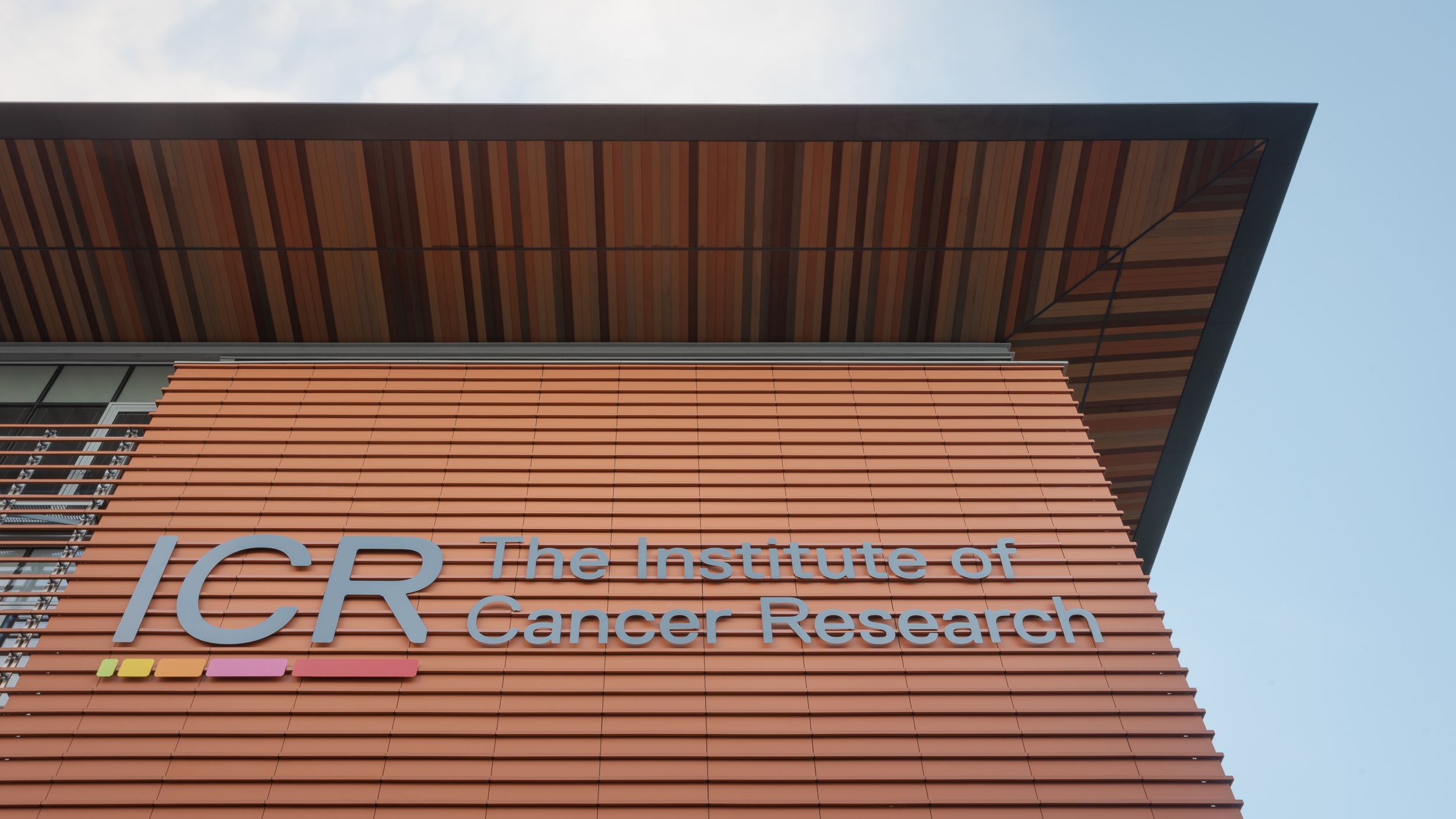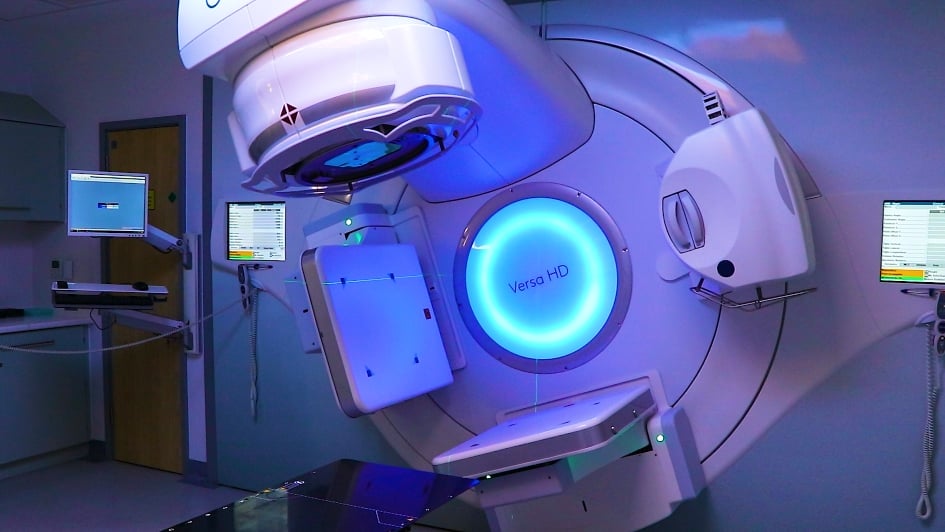
PRIMETIME
Post-operative avoidance of radiotherapy: biomarker selection of women categorised to be in a very low risk group by IHC4+C.
Disease site: Breast cancer
Treatment Modality:
Status: In follow-up
What is the study about?
PRIMETIME is investigating whether people with very low risk of breast cancer returning, may be able to safely avoid having radiotherapy as part of their treatment.
After surgery to remove breast cancer, radiotherapy is often given to the area the cancer was removed from to reduce the chance of it returning. However, radiotherapy has side effects and the chance of cancer coming back is very low for some people, so these side effects may outweigh the benefits.
PRIMETIME uses a new risk score based on laboratory analysis of peoples’ cancer from their surgery to estimate the chance of their breast cancer returning. If the risk score suggests that the chance of their cancer returning is very low, participants are recommended not to have radiotherapy.
People asked to join PRIMETIME were also invited to take part in the PRIMETIME Information Giving Study (IGS). People were provided with written information and a video to help make decisions about whether their cancer treatment should include radiotherapy. The study investigated if this additional information helped to reduce people’s uncertainty about their treatment plan.
Who is included in the study?
People with early stage low risk breast cancer could join the study. 3,119 people from 64 NHS hospitals across the UK had surgery to remove their cancer and provided samples for testing. 1,963 people who provided samples joined PRIMETIME.
What are the study treatments?
People who joined PRIMETIME had a risk score calculated using the surgical samples that they had provided for testing. The risk score was shared with trial participants and their hospital teams so that they could discuss recommended treatments.
- Participants in the very low risk group were recommended not to have radiotherapy after surgery.
- Participants in all other risk groups were recommended to have radiotherapy.
- All participants chose their own treatment plan and decided if they wanted to follow the study’s recommendations. 1,622 participants followed the recommendation not to have radiotherapy.
Participants have regular check ups during and after their treatment and we collect information about how they are getting on until the study is completed. Participants who did not receive radiotherapy will receive mammograms annually for 10 years.
Further information for participants
PRIMETIME Patient Newsletter June 2022
PRIMETIME Patient Newsletter September 2024
A detailed summary in plain English is also available on Cancer Research UK’s website
Further information for healthcare professionals
Contact details and regulatory information
Chief Investigator: Professor Charlotte Coles, The University of Cambridge
ICR-CTSU Scientific Lead: Professor Judith Bliss
Trial management contact: [email protected]
Sponsor: The Institute of Cancer Research (ICR)
Funding: Cancer Research UK
Publications and presentations
C.C. Kirwan, C.E. Coles, J. Bliss, On Behalf of the PRIMETIME Protocol Working Group; It's PRIMETIME. Postoperative Avoidance of Radiotherapy: Biomarker Selection of Women at Very Low Risk of Local Recurrence https://www.sciencedirect.com/science/article/pii/S093665551630125X?via%3Dihub
Indrani S. Bhattacharya, Joanne S. Haviland, Lesley Turner, Hilary Stobart, Ada Balasopoulou, Liba Stones, Anna M. Kirby, Cliona C. Kirwan, Charlotte E. Coles & Judith M. Bliss on behalf of the PRIMETIME Trialists; Can patient decision aids reduce decisional conflict in a de-escalation of breast radiotherapy clinical trial? The PRIMETIME Study Within a Trial implemented using a cluster stepped-wedge trial design. https://trialsjournal.biomedcentral.com/articles/10.1186/s13063-021-05345-y

ICR joins £10million AI project to help identify individual cancer risk
